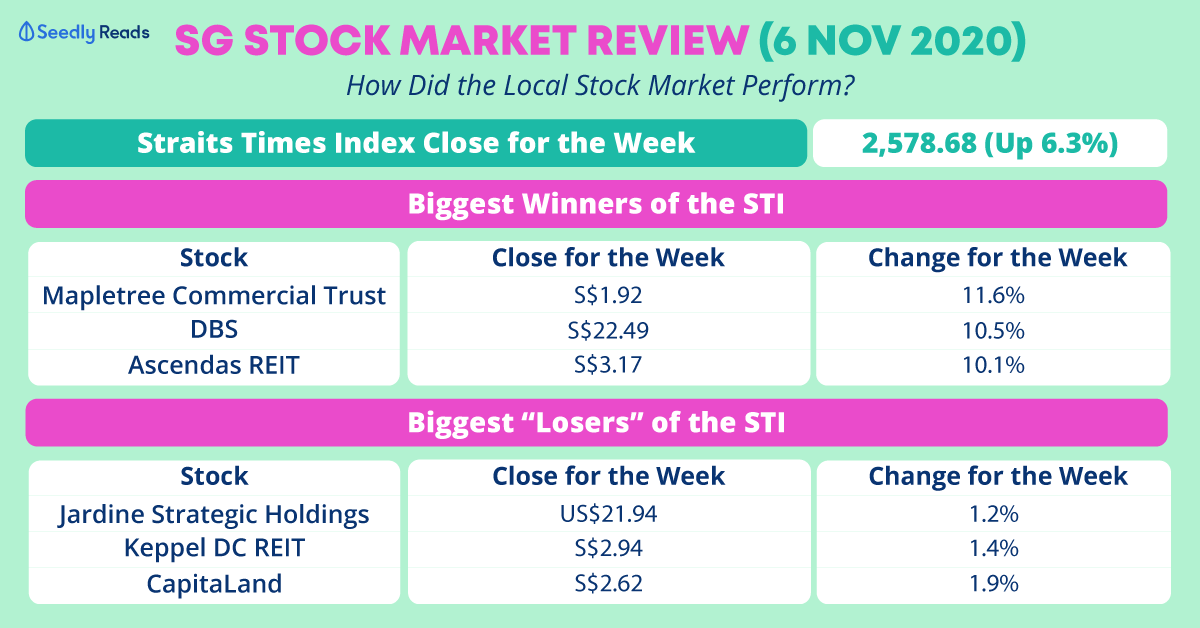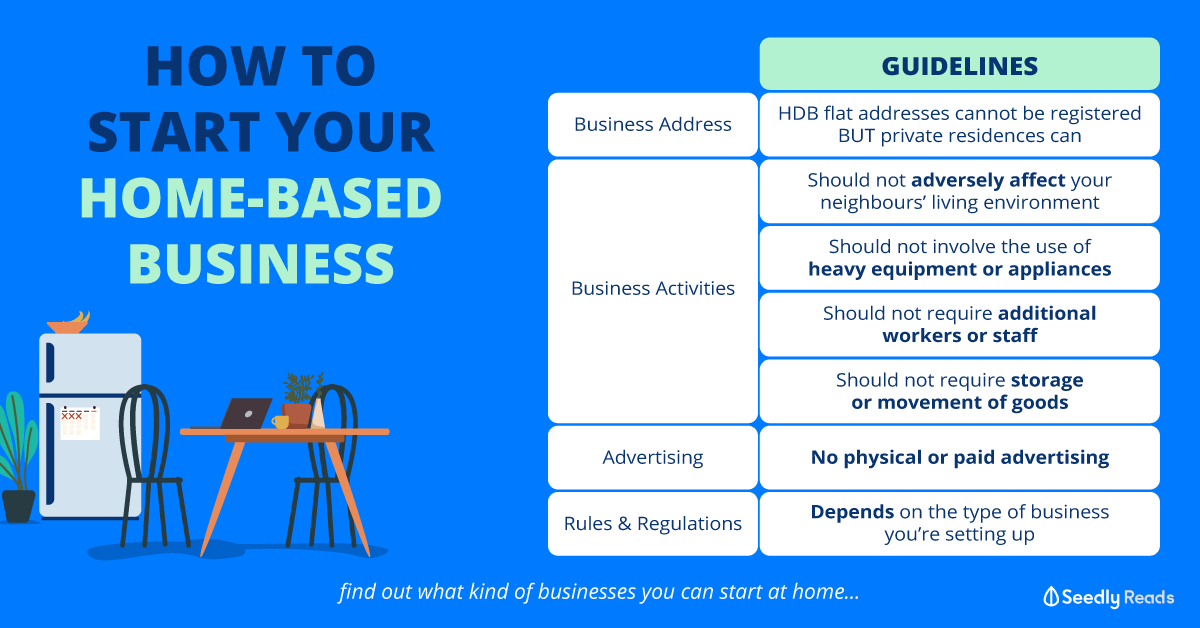1. Sell your products on Chinese e-commerce sites
Put your products up on sites like Alibaba and Taobao so you have a low-cost way of marketing your sauces. Leverage social media marketing via channels like WeChat to advertise your chilli sauce.
If you look at the "Sauces" section of Alibaba, there's thousands of other sellers marketing chilli condiments. China may be a massive market, but don't make the mistake of thinking "as long as I get 1% of the market, this business will be massive". To even reach 1% market share in such a cut-throat landscape with thousands of other producers selling similar products, you're going to need a comprehensive go-to-market plan. Very often, there are plenty of condiments (or foods in general) that taste great. Yet many condiment producers who have great-tasting products fail to achieve any sort of sizeable stake in the market. In the packaged foods industry, what is just as important (if not even more important) than having a product that tastes good is getting consumers to believe that your product is good.
Your marketing efforts must convince consumers to try your chilli sauce specifically, over thousands of other alternative chilli sauces. Most consumers probably already have a favourite chilli sauce brand; how will you excite them enough to convince them to switch to your sauce, or be intrigued enough to add your sauce to their shopping cart during their weekly grocery trip? A thoroughly-planned marketing strategy will pay off handsomely when you do eventually expand to China.
2. Establish local contacts, particularly distributors and retailers
Although Covid-19 currently has Chinese consumers shunning physical retail, the pandemic will eventually pass and shoppers will return. 69% of all condiments in China are purchased in supermarkets. If you want your sauce to really succeed, you're going to need to get your sauce bottles in front of consumer's faces - literally.
You'll need to build relationships with local contacts that manage the goods purchasing for supermarkets and other retailers. You'll want to convince these purchasing managers that your sauce is really different, and is worth taking a chance on. Here's a useful overview of the Chinese condiment market I found: https://daxueconsulting.com/condiment-sauce-mar...
3. Protect your business against food poisoning risks
Because you're selling a food product, you're exposed to the risk of food poisoning liability. Mistakes during the production of the chilli sauce could unknowingly introduce bacteria. If people become sick after eating your sauce, you would be exposed to serious legal liablity. Make sure you protect your business against food poisoning liability, and protect your shipments to China with cargo insurance.
You can save up to 25% on business insurance at https://www.providecover.com











1. Sell your products on Chinese e-commerce sites
Put your products up on sites like Alibaba and Taobao so you have a low-cost way of marketing your sauces. Leverage social media marketing via channels like WeChat to advertise your chilli sauce.
If you look at the "Sauces" section of Alibaba, there's thousands of other sellers marketing chilli condiments. China may be a massive market, but don't make the mistake of thinking "as long as I get 1% of the market, this business will be massive". To even reach 1% market share in such a cut-throat landscape with thousands of other producers selling similar products, you're going to need a comprehensive go-to-market plan. Very often, there are plenty of condiments (or foods in general) that taste great. Yet many condiment producers who have great-tasting products fail to achieve any sort of sizeable stake in the market. In the packaged foods industry, what is just as important (if not even more important) than having a product that tastes good is getting consumers to believe that your product is good.
Your marketing efforts must convince consumers to try your chilli sauce specifically, over thousands of other alternative chilli sauces. Most consumers probably already have a favourite chilli sauce brand; how will you excite them enough to convince them to switch to your sauce, or be intrigued enough to add your sauce to their shopping cart during their weekly grocery trip? A thoroughly-planned marketing strategy will pay off handsomely when you do eventually expand to China.
2. Establish local contacts, particularly distributors and retailers
Although Covid-19 currently has Chinese consumers shunning physical retail, the pandemic will eventually pass and shoppers will return. 69% of all condiments in China are purchased in supermarkets. If you want your sauce to really succeed, you're going to need to get your sauce bottles in front of consumer's faces - literally.
You'll need to build relationships with local contacts that manage the goods purchasing for supermarkets and other retailers. You'll want to convince these purchasing managers that your sauce is really different, and is worth taking a chance on. Here's a useful overview of the Chinese condiment market I found: https://daxueconsulting.com/condiment-sauce-mar...
3. Protect your business against food poisoning risks
Because you're selling a food product, you're exposed to the risk of food poisoning liability. Mistakes during the production of the chilli sauce could unknowingly introduce bacteria. If people become sick after eating your sauce, you would be exposed to serious legal liablity. Make sure you protect your business against food poisoning liability, and protect your shipments to China with cargo insurance.
You can save up to 25% on business insurance at https://www.providecover.com